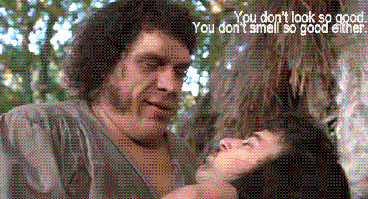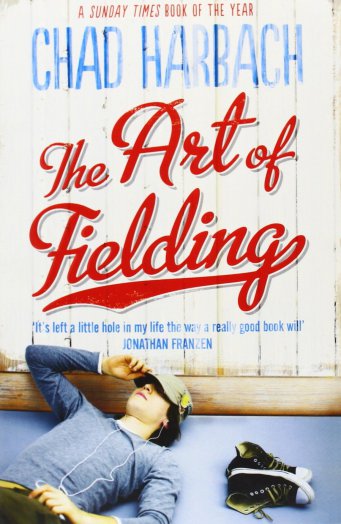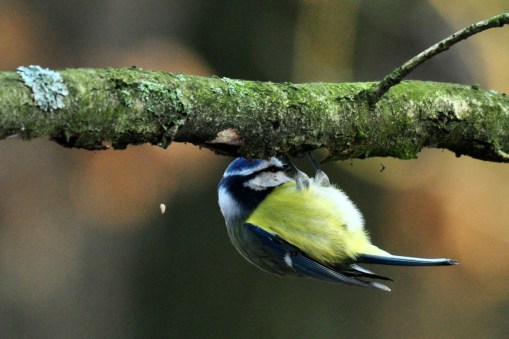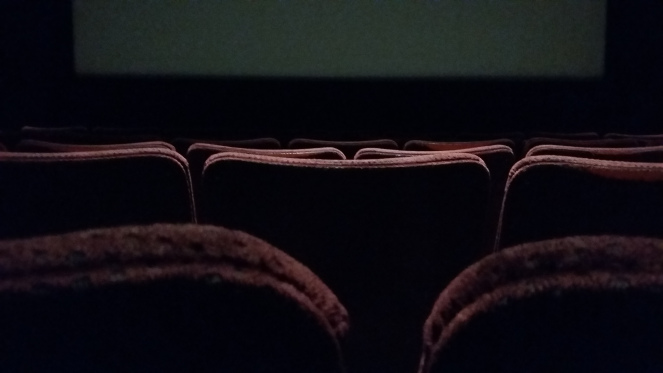Hey freshers! If you’re reading this, it means only one thing: you survived Fresher’s Week! Congratulations! Now get yourself dosed up on alka seltzer and down to the GUM clinic, pronto.

If there’s one thing I’m expert on, other than TV detectives and cheese, its being a student. I’m ridiculously overqualified and not studying anything for the past 2 years is the longest I’ve ever gone without sitting a course of some kind, probably ever. I’m feeling decidedly twitchy and trying to decide what I want to educate myself in next (current contenders: whisky tasting/dry stone walling (not a huge demand in London, admittedly)/ French language) but until that time I’ve gone back to college via 2 wonderful novels. And for all those students out there, pay attention to your older, wiser Madame B, and remember:

Firstly, Stoner by John Williams (1963), which is something of a rediscovered classic in recent years, with effusive praise heaped on it from all quarters. In this instance I thought the hype was absolutely deserved. Stoner is a beautifully written, acutely observed portrait of an ordinary life which is deeply moving.
William Stoner grows up on a farm without books, until his father takes the remarkable decision that Stoner should study agriculture at the University of Missouri, which he joins in 1910. What no-one foresees, least of all Stoner himself, is that he will fall in love, with literature:
“As his mind engaged itself with its subject, as it grappled with the power of the literature he studied and tried to understand its nature, he was aware of a constant change within himself”
And so we follow Stoner as he becomes a student of literature, then a teacher, and never leaves the university.
“Sometimes he stood in the centre of the quad, looking at the five huge columns in front of Jesse Hall that thrust upward into the night out of the cool grass… Grayish in the moonlight, bare and pure, they seemed to him to represent the way of life he had embraced, as a temple represents a god.”
The life Stoner leads is very ordinary: he makes a disastrous marriage but they stick it out, he becomes an OK teacher, he makes friends and enemies, he has a loving but complex relationship with his daughter… nothing happens and everything happens. The writing is so good that you are pulled along through this everyday story just as much as you would be through a heavily plot-driven thriller.
Stoner is undeniably a sad novel. Stoner has a lot of loneliness in his life and he is victim to circumstances which he cannot control and which are grossly unfair, engineered by people who vent their pain on him. Yet it is not depressing, because he endures and he finds joy. For the bibliophile, there are some beautifully realised passages describing why we love literature:
“the epiphany of knowing something through words that could not be put into words”
More generally, there is peace to be found in accepting the things we cannot change, and there is plenty Stoner cannot change:
“As he walked slowly through the evening, breathing the fragrance and tasting upon his tongue the sharp night-time air, it seemed to him that the moment he walked in was enough and he might not need a great deal more.”
I highly recommend this quietly heart-breaking novel.


Secondly, The Art of Fielding by Chad Harbach (2012), which I never would have picked up, thinking it was a sports novel, if it wasn’t for Kate at Books are My Favourite and Best reassuring me that it definitely was about more than baseball (she’s right); you can read her review here.
The Art of Fielding follows Henry Skrimshader’s career at Westish College, where he is accepted due to his prowess on the baseball field. He is recruited there by Mike Schwartz, an ambitious jock whose knees are giving out; he rooms with Owen Dunne, a beautiful clean-freak who is also a highly talented player and who begins a problematic affair; and President Affenlight discovers a new love of baseball alongside other more surprising things, just as his troubled daughter Pella returns home.
“If Affenlight were to list the things he loved, he wouldn’t include Westish – that would seem silly, like saying you loved yourself. He spent half his time frustrated with, ambivalent about, annoyed at the place. But anything that happened to alter the fortunes of Westish College, Affenlight took more seriously than if it were happening to himself.”
Henry’s career at Westish does not go smoothly and his crisis affects all those around him. There is quite a lot about baseball in the novel and it all went over my head seeing as how I’ve never watched a game in my life and don’t really plan to change this, but it didn’t affect my enjoyment of the novel in the slightest. Harbach’s writing reminded me a bit of Richard Russo, in that it captures a slightly old-fashioned, all-American life, but is involving and affecting because of this, rather than nostalgic and distancing. The focus is very much on well-drawn, idiosyncratic characters and their relationships, so that you feel absolutely drawn into their lives.
I may not know much about baseball, but what Harbach taught me is what I’ve always suspected, that for people who get it, sports and life are one and the same:
“What would he say to her, if he was going to speak truly? He didn’t know. Talking was like throwing a baseball. You couldn’t plan it out beforehand. You just had to let go and see what happened. You had to throw out words without knowing anyone would catch them – you had to throw out words you knew no one would catch. You had to send your words out where they weren’t yours anymore.”
Really, The Art of Fielding is about love. Love between friends, parents and children, siblings, lovers, team mates, teacher and student, platonic, romantic, familial… in all its guises. And in that it is deeply moving. The ending isn’t sad but it still made me cry on the bus, dammit.
To end, a song I heard last week for the first time in years, and which took me straight back to my first foray into further education:
Advertisements Share this:




